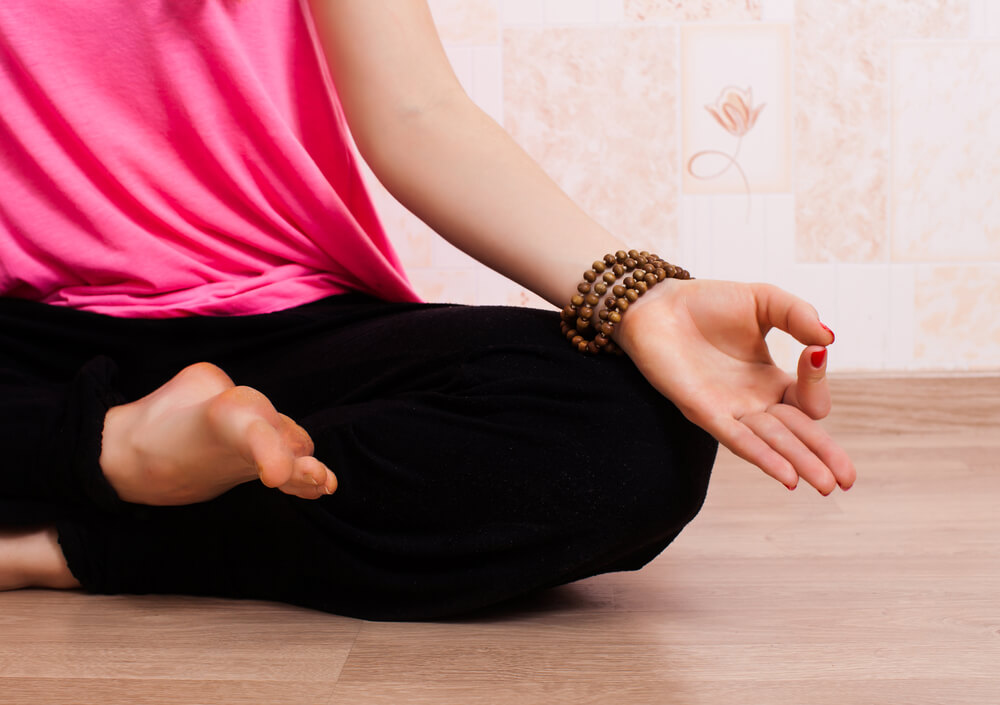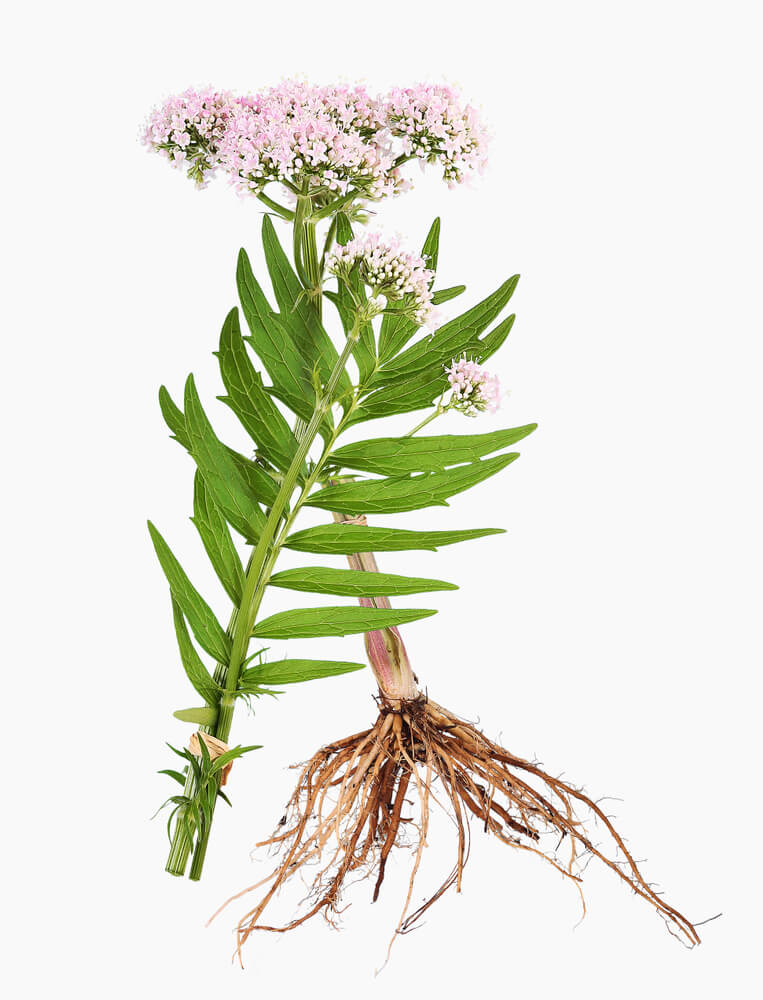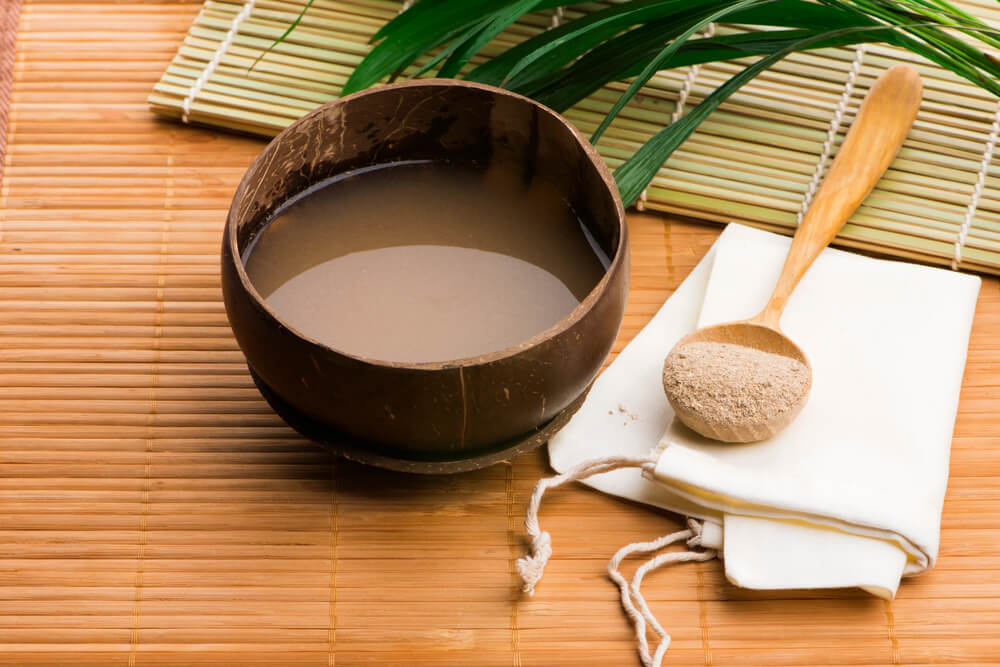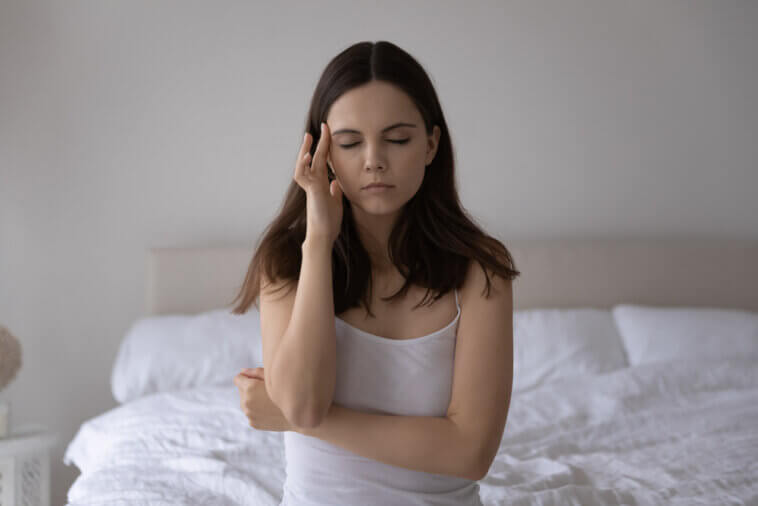Table of Contents
Insomnia is a common problem and you might want to try out natural remedies for insomnia. In the following paragraphs, you will learn how to treat insomnia naturally. Yoga, meditation, and Lavender oil are all good choices. Valerian root is another natural remedy that helps people sleep. Using these herbs regularly can help you get a good night's sleep. They help calm your mind and relax your body. In addition, they can be used during the day to help you relax.
Yoga
Do you suffer from insomnia? You are not alone. There are many ways to combat insomnia naturally, and Yoga can help you do just that. Practicing yoga regularly can help bring down your heart rate and relax your body. Before bed, try a few simple yoga postures to help you wind down before bed. Yoga instructors are always practicing a form of relaxation that will help you sleep peacefully. If this doesn't work for you, try practicing yoga in bed, where you can do the exercises while in bed.
Using yoga as a natural remedy for insomnia can also help you subconsciously solve problems. Insomnia puts older adults at risk of falling or having accidents, and can lower their quality of life. A study that examined the effects of yoga on insomnia found that participants were significantly improved during their daily home practice and twice-weekly yoga classes. They also reported a significant increase in overall sleep quality and efficiency. This means that yoga can be a very beneficial treatment for insomnia.
In addition to reducing anxiety, regular yoga can help people sleep better. Insomnia is a common affliction that affects many people. Yoga can help with this issue by promoting deep relaxation. Insomnia is one of the most common health issues today, and Yoga helps with this by strengthening the muscles and reducing stress. Yoga is also beneficial for those who suffer from chronic pain, and it can help you sleep better at night.
Meditation

Meditation can be used as a natural remedy for insomnia. It works well before bedtime and during the day. Choose a quiet place to practice and make sure you're comfortable. When practicing meditation, focus on your breathing patterns. Try counting to four as you breathe in and to four as you breathe out. This technique is called “four by four breathing.” Some people breathe through their nose, while others prefer to breathe through their mouth.
The benefits of meditation are many. Studies have shown that it helps to decrease cortisol, a stress hormone, and lowers the body's oxidative stress. Meditation may also help reduce muscle tension and inflammation, which are often associated with high levels of stress. The practice may help people with chronic pain sleep better and experience fewer night awakenings. Meditation is effective for both chronic and acute insomnia. But it might not be the best option for everyone.
One recent study showed that meditation helps to cure insomnia in older adults. The researchers found that six sessions of a two-hour course of guided meditation reduced sleep problems in people who were previously diagnosed with chronic insomnia. And even six months after the sessions, 88% of the chronic insomnia patients stopped using their sleeping medications and reported improved mood and stress levels. Even better, the effects of meditation continued to be felt even six months later.
Lavender oil
Many studies have suggested that lavender oil may improve sleep quality and is an effective natural remedy for insomnia. In a single-blind randomized study, lavender odor significantly improved sleep quality in fifteen healthy college students, 64 people with ischemic heart disease, and thirty-four midlife women who had been diagnosed with insomnia. Lavender oil improved sleep quality by 2.5 points among the group of participants, and it was more effective in females and younger individuals.
To use lavender oil as a natural remedy for insomnia, make sure to purchase a pure product. Store it in a dark, non-light-filled bottle. You can also place lavender-soaked cotton wool balls on your bedside table or in a glass jar by your bed. In one study conducted in 2013, lavender oil was shown to improve the sleep quality of women with sleep difficulties. To use lavender oil, women had to breathe 4 deep breaths at 20 cm distance from a glass canister at least one hour before bed.
In addition to its effectiveness as a natural remedy for insomnia, Lavender Oil may also be helpful for relieving stress and anxiety. The aromatherapy properties of the lavender essential oil may have a calming effect on the brain, but it should be used with caution. Despite its numerous benefits, lavender is also toxic and should not be consumed. The essential oil is known to influence the limbic system, which regulates the nervous system and emotion.
Valerian root

A double-blind study of eight individuals with chronic insomnia showed that valerian root extract significantly reduced sleep latency, improved sleep quality, and lowered morning wakefulness. But it was not clear whether the herb was an effective treatment for insomnia. In one study, participants were given either 450 or 900 mg of the extract. Participants were asked to fill out questionnaires on sleep quality and sleepiness in the morning after taking the two drugs.
One of the drawbacks of valerian root is that it may interfere with prescription medications and increase the effect of sedatives. It may also interact with certain other herbs, including St. John's wort. It's important to note that herbal supplements aren't regulated by the FDA, and therefore may contain other harmful ingredients. Moreover, natural doesn't necessarily mean safe. If you are taking prescription medication, talk to your doctor about whether valerian root is right for you.
In addition to its sleep-inducing effects, valerian root may also alleviate stress and anxiety. The antioxidants present in valerian root are likely to affect GABA receptors, which are involved in emotions and stress. Thus, it may help you fall asleep faster and spend more time in the deepest stages of sleep. However, the evidence regarding valerian root's effect on sleep quality is mixed. Some studies found no effect while others showed only a statistically significant impact. And because valerian root is an effective treatment, you may want to take it on a regular basis.
Ashwagandha
One study tested the effectiveness of Ashwagandha as a natural remedy. In the study, 60 healthy adults were given either a placebo or a 125-milligram ashwagandha capsule two to three times a day. The researchers assessed the participants' stress levels and analyzed their sleep patterns. They also measured the amount of the stress hormone cortisol, which may play a role in the sleep problems.
There is no clear evidence that ashwagandha actually induces sleep in humans, but it does help with certain sleep-related issues. The herb can lower cortisol levels, which are thought to affect the quality of sleep. Other benefits of ashwagandha include stress reduction, which could also help you sleep better. Ashwagandha is a good option for people who suffer from chronic insomnia. However, it's important to note that it's not as effective as melatonin in promoting sleep.
As for Ashwagandha, there are a number of studies to support its use as a natural remedy for insomnia. One study found that ashwagandha contains trimethylene glycol, which alters rapid eye movement sleep and increases the number of restorative sleep stages. In contrast, an alcohol extract of the leaves contains withanolides, which didn't improve sleep quality. In this study, ashwagandha produced sleep-inducing effects in mice, which is important since it is an essential sleep hormone for humans.
Kava

Although kava is sometimes recommended as a natural remedy for insomnia, most of the available research on the plant is limited to animal studies. Kava contains kavalactone, a substance thought to provide a sedative effect. However, some studies have found that kava can actually be toxic to the liver. The plant also contains tryptophan, a biochemical substance that is needed to form more stable serotonin.
One study found that kava reduced stress levels in participants, thereby reducing insomnia. However, the study had a number of flaws and could not determine whether the results were due to the kava. However, other research suggests that kava is not a sedative and that it may not be an effective treatment for insomnia. The findings suggest that kava has a role to play in the treatment of anxiety, which may explain its effect on sleep.
While kava has shown some positive effects on anxiety, stress, and depression, its potential liver toxicity should be considered. Kava is considered safe for short-term use, but it can cause damage in rare cases. However, it should only be used under the supervision of a physician or anesthesiologist. There is still a lack of conclusive evidence that kava causes harm to the liver.




Comments
Loading…